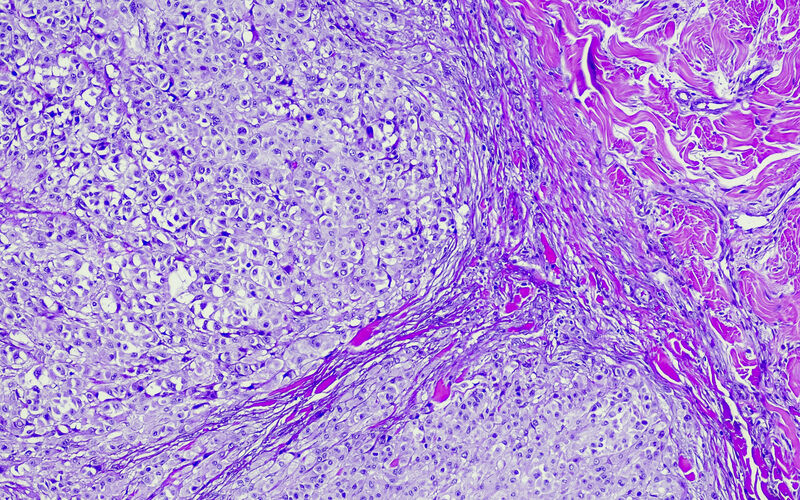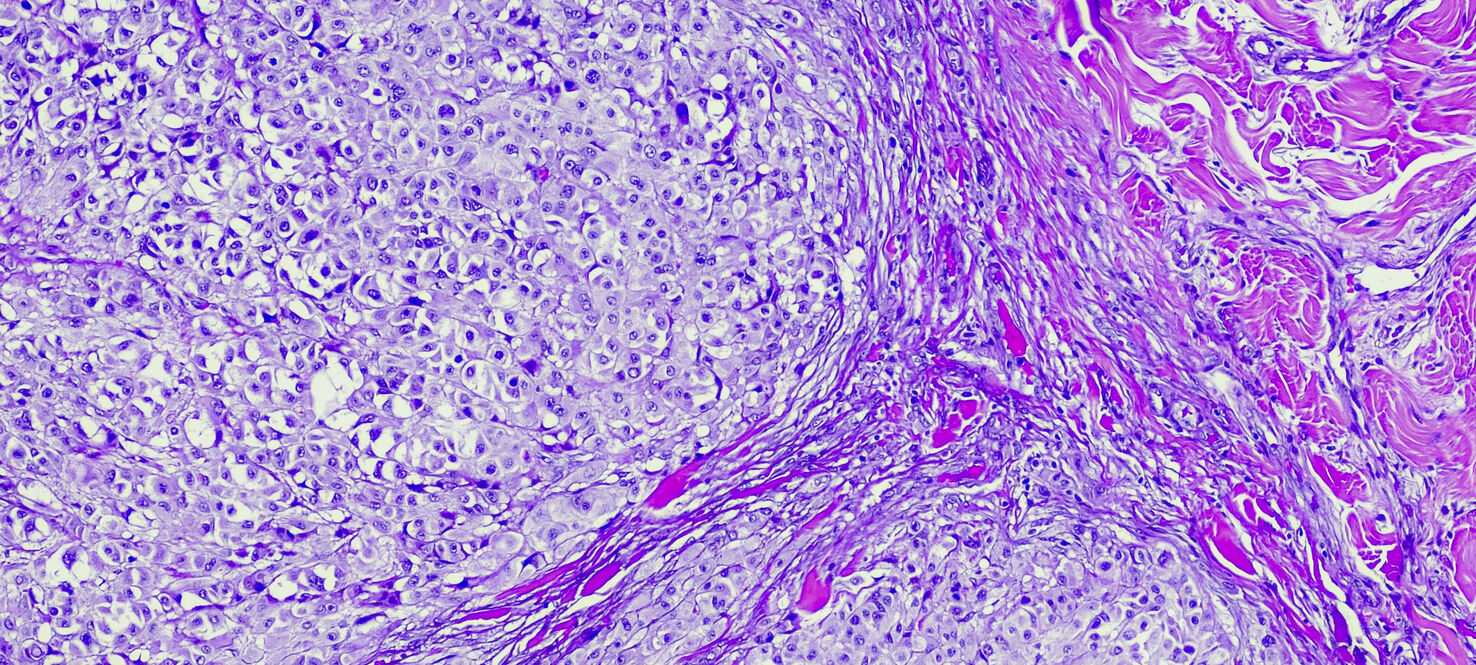Study Looks To Improve TIL Therapy for Advanced Melanoma
Tumor-infiltrating lymphocyte (TIL) therapy is a type of cellular immunotherapy in which a patient’s own cells are used to destroy tumor-based cancers.
Last year, the U.S. Food and Drug Administration (FDA) approved TIL therapy as another option to treat advanced melanoma.
During the treatment, immune cells are extracted from the patient’s tumor, multiplied in the lab and then infused back into the patient where they seek out and attack cancer cells.
In a new study presented at the American Society of Clinical Oncology Annual Meeting, Lilit Karapetyan, MD, a medical oncologist in the Cutaneous Oncology Department at Moffitt Cancer Center, along with a team of other specialists examined how TIL product characteristics impact tumor shrinkage in patients with advanced melanoma.

Lilit Karapetyan, MDThe group utilized data from clinical trials involving melanoma patients over the past decade.
“We were able to see that 36% of the patients responded positively to this therapy,” Karapetyan said.
Furthermore, the group took a closer look at factors that influenced the effectiveness of the therapy.
The research showed that patients who received a higher number of TIL cells, especially those with a high proportion of CD8+ T cells, were associated with improved outcomes when undergoing treatment.
These characteristics were also found to be associated with improved survival rates.
“After this study, a future goal is to change the TIL therapy product so that more patients can respond positively to the therapy,” Karapetyan said.




